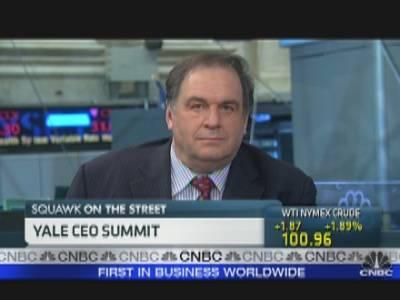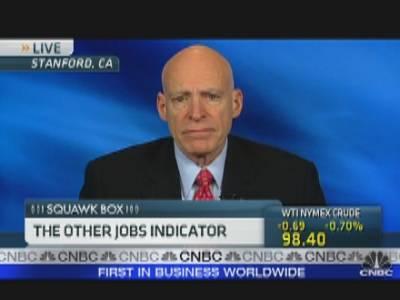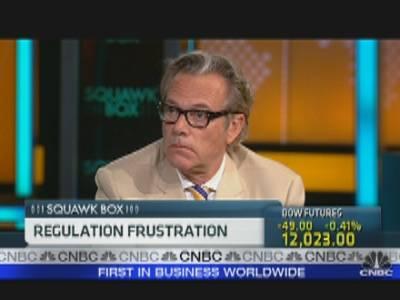SINGAPORE (Reuters) – Republican lawmakers are "playing with fire" by contemplating even a brief debt default as a means to force deeper government spending cuts, an adviser to China's central bank said on Wednesday.
The idea of a technical default -- essentially delaying interest payments for a few days -- has gained backing from a growing number of mainstream Republicans who see it as a price worth paying if it forces the White House to slash spending, Reuters reported on Tuesday.
But any form of default could destabilize the global economy and sour already tense relations with big U.S. creditors such as China, government officials and investors warn.
Li Daokui, an adviser to the People's Bank of China, said a default could undermine the U.S. dollar, and Beijing needed to dissuade Washington from pursuing this course of action.
"I think there is a risk that the U.S. debt default may happen," Li told reporters on the sidelines of a forum in Beijing. "The result will be very serious and I really hope that they would stop playing with fire."
more here.
Jamaica, Haiti, and many countries in South America and on the African continent are the first ones we think of when news about devaluation of the dollar and high national debt circulates. But what about the debt and dollar value crises developing right here in our own backyard?
It was YEARS ago in college that a professor of mine speaking on economics said that the U.S. (even at THAT time before the recession), had the economics of a THIRD WORLD COUNTRY, and it was only it's reputation as, well, the U.S. that saved it thus far from what normally happens to countries with a debt picture and imbalance of trade as the U.S. does: the IMF steps in and prescribes some fix for the problem, and to continue receiving outside monies, the country has to use the prescription.
The U.S. was apparently given carte blanche (a blank cheque) even when there were those like that economics professor that saw the writing on the wall a long time ago. I even realized it myself in the year I read an article that stated the overall savings level of the entire nation, including the richest people in the nation, was -.01% or some ridiculously low NEGATIVE number like that! How can the entire country be overall a negative on savings given that this has always been seen as the land of opportunity? Is the cost of access to those opportunities (which you are not guaranteed to be a receiver of) wiping out the benefits?






No comments:
Post a Comment